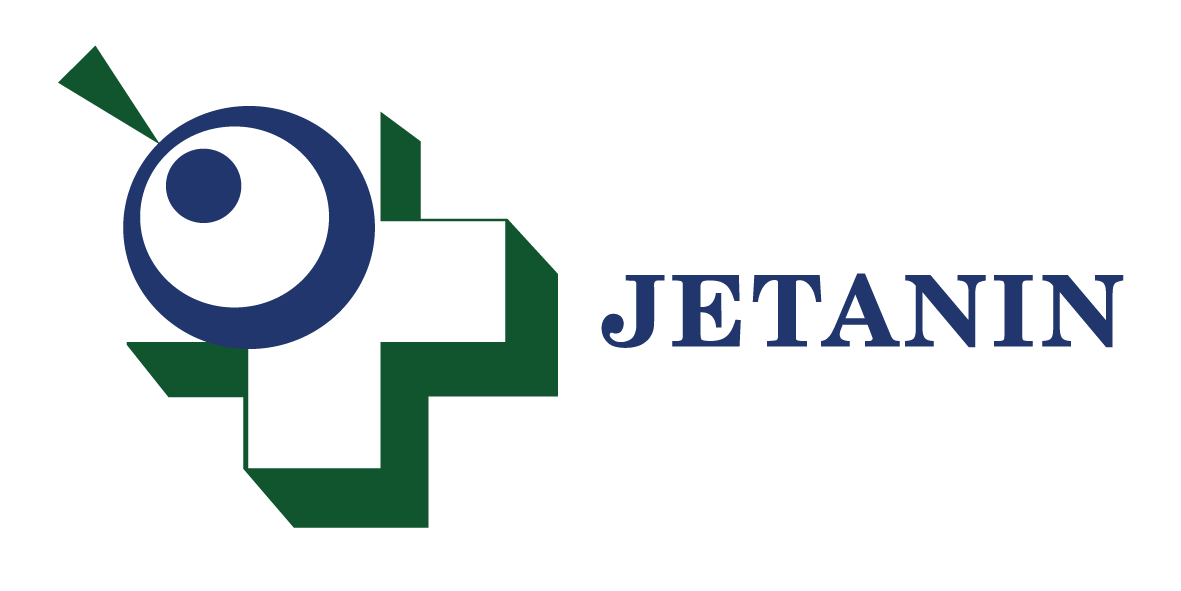
1.Will the extraction of embryo cells for chromosome testing result in the child being disabled?
Answer: Extracting cells from embryos for Preimplantation Genetic Testing (PGT) does not affect the child’s disability. The extraction can be performed at two stages of embryo development:
– On Day 3 of the embryo, 1-2 cells from a total of 6-8 cells of the embryo are extracted. However, at this stage of development, it is impossible to tell which cells will become the fetus or the placenta. Due to the small number of cells that can be extracted during this stage, resulting in inconclusive results and possible effects on the blastocyst stage of embryo development, cell extraction during this stage is no longer commonly practiced
– On Day 5 of the embryo or the blastocyst stage, only cells that will develop into the embryo’s placenta are extracted, and no fetus cells are harmed. Extruding Blastocyst or Hatching Blastocyst refers to the embryo at this stage when cells can be extracted safely.
2.Does your maternal age affect chromosomal abnormalities?
Answer: Children born from older women are more likely to have chromosomal abnormalities, particularly on chromosomes 16, 18, and 21. Down’s syndrome is a well-known genetic disorder that occurs when there is an extra copy of chromosome 21. Children born from mothers aged 35 or younger have a 1/350 chance of having this disorder. In vitro fertilization with embryo chromosomal screening, The probability rises to 50% between the ages of 35 and 37 and 60% between 40 and 41. This is because embryo quality is strongly correlated with egg quality, which declines with maternal age. Miscarriage is also more common in older mothers.
3.Genetic disorders that can be screened with PGT
Answer: Genetic conditions that can be detected during the embryonic stage are disorders passed down from the mother and/or father. These genetic abnormalities increase the likelihood of the future child having a disorder or being a carrier. To screen embryos for these disorders, it is necessary to know the chromosomal markers for these conditions on the father’s and mother’s chromosomes. Thalassemia and G6PD deficiency, for example, are the most common genetic disorders in Thai people.
